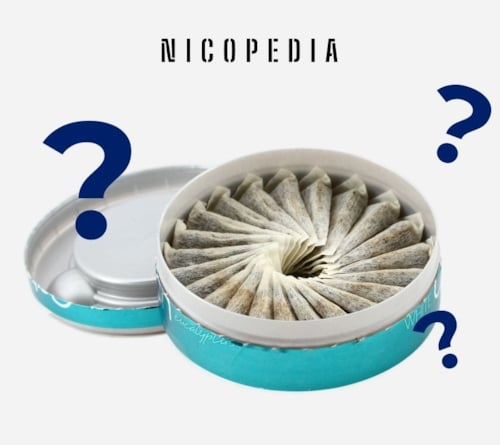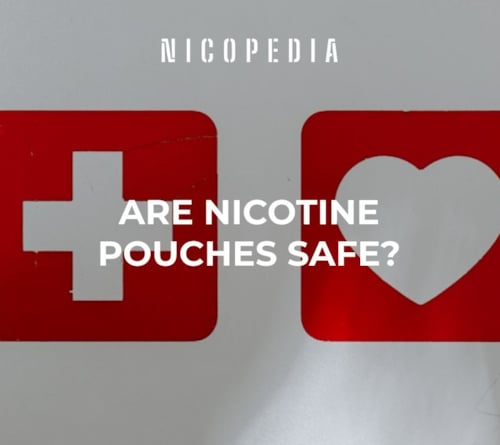Published 2020-06-25
How long does nicotine stay in your system?
This article will explore the 2 tests available for testing whether there is nicotine in the system, and review how long nicotine stays in your body.

How long does nicotine stay in your system?
We’ve all heard of drug tests and alcohol tests, but have you ever heard of a nicotine test? These do in fact exist, and there are actually two different types of tests that can be done to ascertain whether you have nicotine in your system – which could be the result of ingesting nicotine yourself, or being in the vicinity of someone who does.
What is a nicotine test?
In order to check your health, and perhaps even your suitability for a job or insurance package, it is now possible to check your system for nicotine and cotinine (the main metabolite of nicotine). As mentioned above, there are two types of tests that can do this – a qualitative test and a quantitative test. A qualitative test will merely check whether you have nicotine in your body, but will not determine how much (or little) you actually have. This is where the quantitative test comes in – as it is able to determine exactly how much nicotine is in your system, i.e. the concentration of nicotine and cotinine in your blood.
This amount is a big tell-tale of your nicotine habits, such as how often you ingest it, when you last ingested it, or even whether you’re a non-user who has been subjected to ‘second-hand’ nicotine.
How long does it take for nicotine to leave your blood?
Now if you’re starting to panic because you have some job interviews lined up, here’s the down-low on how long you’ll have to wait to get nicotine out of your system.
Well the good news is that nicotine will leave your blood after 1–3 days – provided you don’t light up in that time, or spend any time near people who do. Cotinine takes a little longer, but will leave your system within 1-10 days. Levels of nicotine and cotinine will not be traceable in your urine after 3–4 days of quitting nicotine.
If you need to get rid of that nicotine a little faster, there are ways that can help you to speed up the process.
- Drink water (cut out the juices and sodas), and allow the nicotine to be excreted through your urine.
- Do some exercise and sweat that nicotine out. The exercise also speeds up your metabolism, which means that you will burn up nicotine faster.
- Try to eat a healthy diet that is full of antioxidants (like kale and carrots), as they help to increase your metabolism (like exercise), and contain fibre which help to eliminate toxins from your body.
Now for some more good news: traces of nicotine in your saliva will disappear after 4 days. Unfortunately, nicotine remains in your hair follicles for up to a year (which is easily remedied by inventing a friend who smokes near your head often).
How you will feel when getting nicotine out of your body
Nicotine is highly addictive, and so there will be some withdrawal symptoms based on how often you use nicotine, for how long you’ve been using it, and which types of products you tend to use. Expect some irritability (try to mask this from the person interviewing you for the job), increased cravings for both nicotine and food, a headache, some anxiety, etc.
The list is somewhat extensive, but none of the symptoms can kill you – although it may feel that way at first. It will take your brain chemistry 3 months to acclimatize to life without nicotine, and eventually the final two symptoms of irritability and fatigue will disappear - the crux is to just keep on persevering.
Related articles




